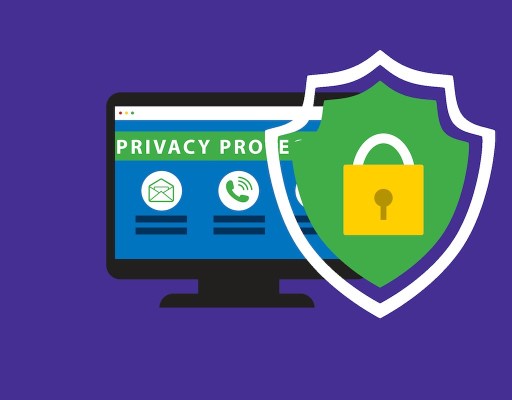Although the Internet can seem overwhelming with so many threats, there are steps you can take to protect your privacy. These are quick, easy, and free ways to protect yourself.
Protect Your Account
Over the past decade, companies like Equifax and Target have been affected by data breaches and password leaks. Hackers will likely have stolen data from one of your online accounts. You can find out which accounts were compromised by hackers with some online tools.
A password manager is a tool that allows users to create and remember complex passwords for each account. This is one of the best things people can do to safeguard their privacy and security. LastPass and 1Password are two of the many tools that can help you manage your passwords. They can create passwords, monitor accounts to detect security breaches, change weak passwords, and sync passwords between your phone and computer. The password manager automatically saves your passwords and prompts you to change any duplicates or weak passwords when you sign in. You will receive new passwords for most of your accounts within a few weeks. You will receive new passwords within a few weeks for most accounts.
Everybody should use two-step verification whenever possible for their online accounts. This option is available at most banks and social networks. Two-step verification, as the name implies, requires you to enter a password and a number that only your can access. The first step is to log in to Facebook using your username and password. The second step is to receive a temporary code from Facebook via text message or through an app such as Google Authenticator. Once you have received that code, you can sign in.
Block The Signal If Possible
During the Gulf war, the U.S. army used signals jammer for the first time. They are still widely used today by security companies. These companies have a lot of wealthy clients who are very concerned about protecting their privacy. Their security consultant will use a signal blocker to stop all mobile phone signals from within a certain distance when holding a private meeting or business negotiation. This is the best way to stop digital criminals from hacking into participants’ phones and recording every conversation. (Source: Brouilleur D’onde)
Signal jammers are noise signal generators. When activated, they emit many noise signals to disrupt mobile signals. The jammer will block the signal transmission from the phone to the cell tower. All mobile phones within the jammer’s range will be unable to make calls. Today’s signal jammers can block mobile phone signals and interfere with the wifi network. The wifi jammer, or brouilleur wifi in French, blocks wifi signals by emitting interference signals against routers. Your phone, tablet, or computer will lose internet access in the jammer’s range.
Protect Your Web Browsing
Websites and companies track everything you do online. Every advertisement, every social media button, and every website collect information about you, your browsing habits, and other details. You might not realize how much data is collected about you. For example, you might think that being smart enough not to tweet about your medical problems or share all your religious beliefs on Facebook is smart. Chances are, however, that the websites you frequent provide all the information. Advertisers need this information to identify your personality. Targeted advertising is one of the most troubling innovations on the Internet.
Many websites offer opt-out options for data collection. However, you will need to do this manually. This simple opt-out includes links to instructions on how to unsubscribe from major websites such as Netflix and Reddit. Although this will not solve the problem, it will significantly reduce the collected data.
The HTTPS Everywhere extension should be installed. HTTPS Everywhere redirects you automatically to a secure site if it supports it. This will make it very difficult for attackers, especially if you use public wifi in an airport, cafe, or hotel. Digital eavesdropping has been specially developed there.
While some people might want to use a virtual personal network (VPN), it is not mandatory for all. A VPN can be useful if you are frequently connected to public wifi. It adds an extra layer of security to your browsing, even when HTTPS is unavailable. A VPN can protect your identity and prevent you from being tracked based on your IP address. However, your internet activity still passes through the VPN provider’s servers. Therefore, trust that company more than your ISP when you use a VPN. It would help if you did not store or sell your data. Make sure to understand all aspects of your decision.
Privacy Comes First
Although viruses may not be as prevalent as they were ten years ago, they are still very common. Malicious software can cause havoc on your computer, from annoying pop-ups to sneaky Bitcoin mining and personal scanning. It is worth installing antivirus software on Windows computers, especially if you risk clicking on potentially dangerous links or sharing your computer with family members.
Windows Defender is the built-in Microsoft software for Windows 10. Windows Defender is the most popular antivirus program and offers many security features. You may need additional software if you use an older version of Windows (although we recommend upgrading to Windows 10) or a shared computer.
Mac users are generally satisfied with macOS’ security, particularly if they only download from the Apple App Store. They also recommend using well-known browser extensions. Avoid installing antivirus software on your phone. Instead, download trusted apps only from official stores.
Apart from this, if you want to know about iOS Security & Privacy Tips then please visit our Security category






